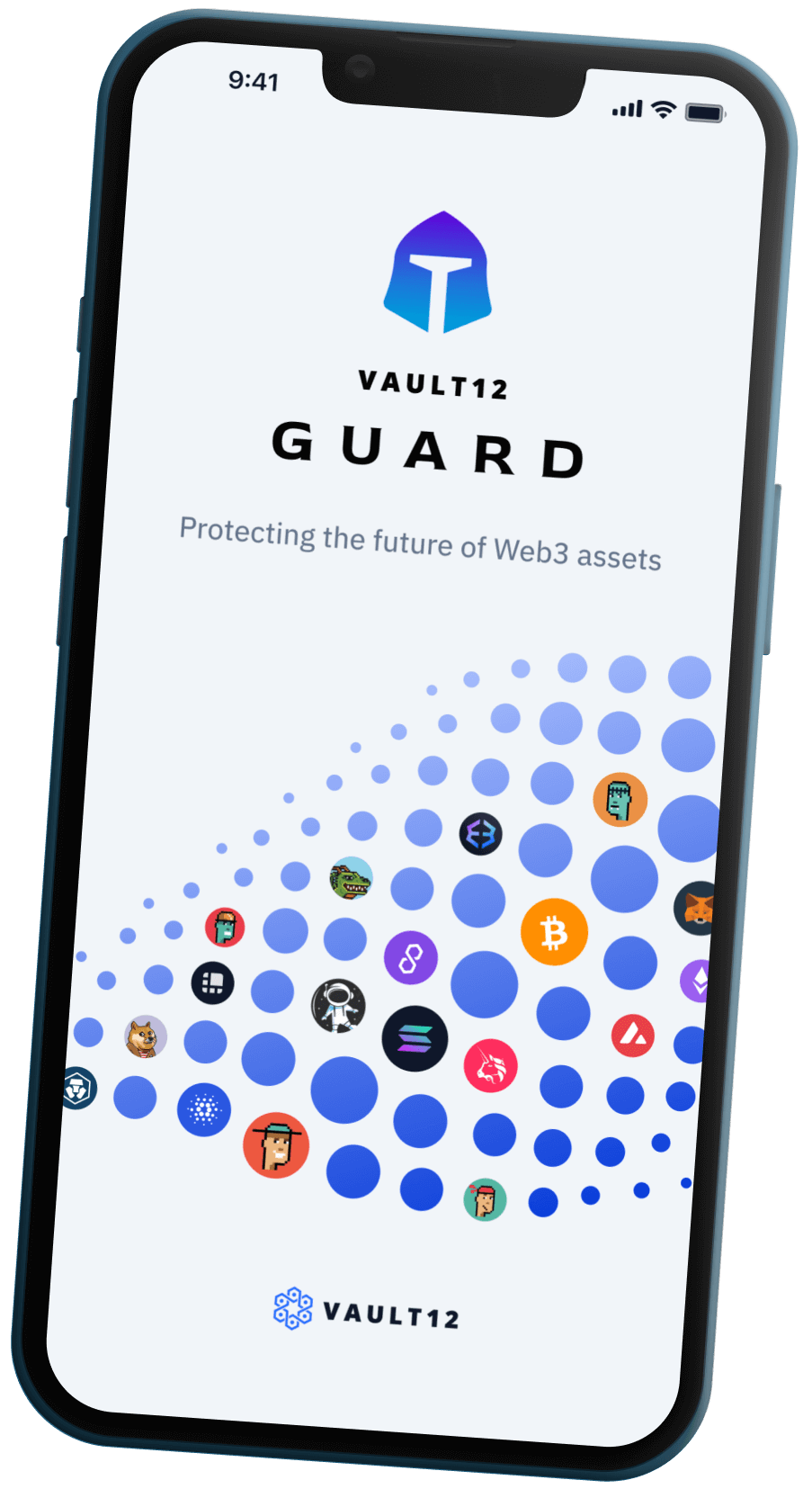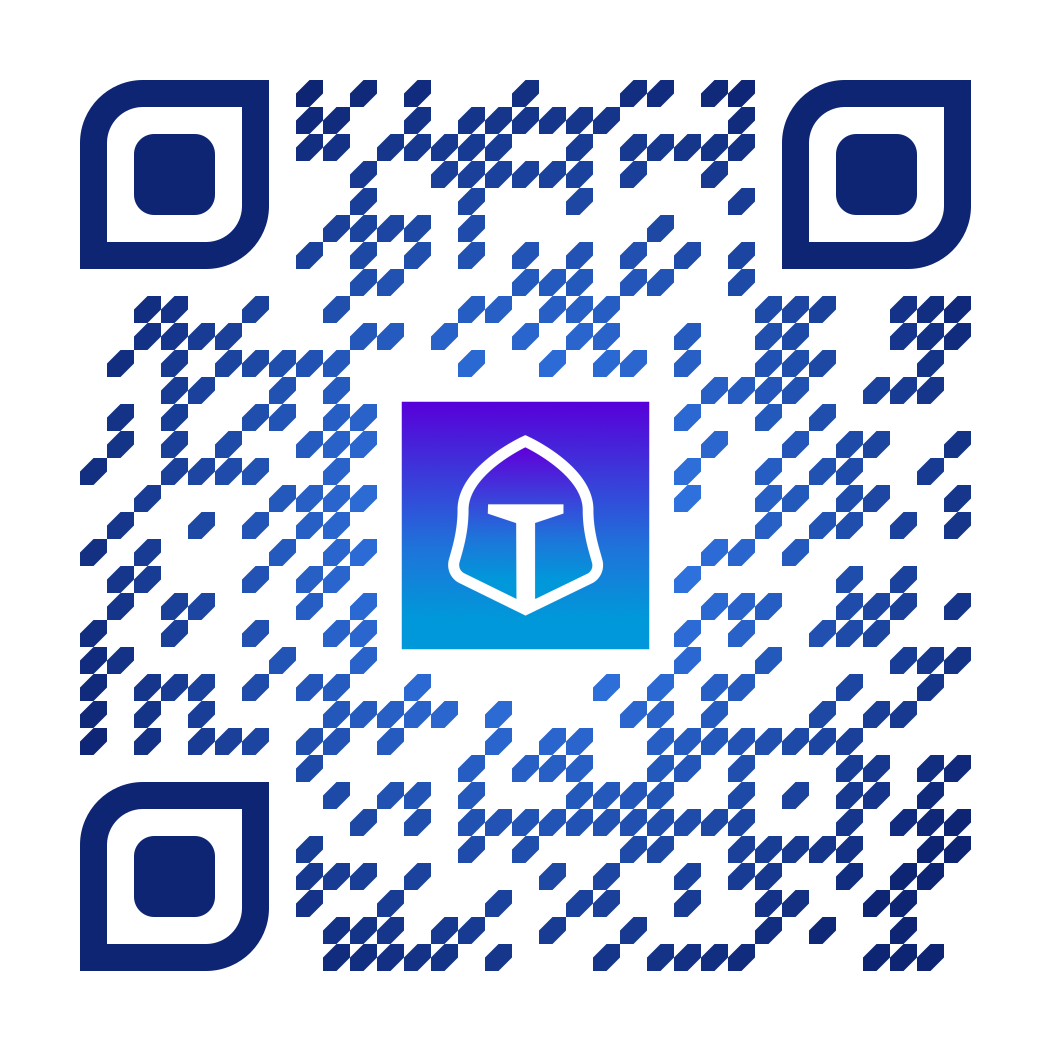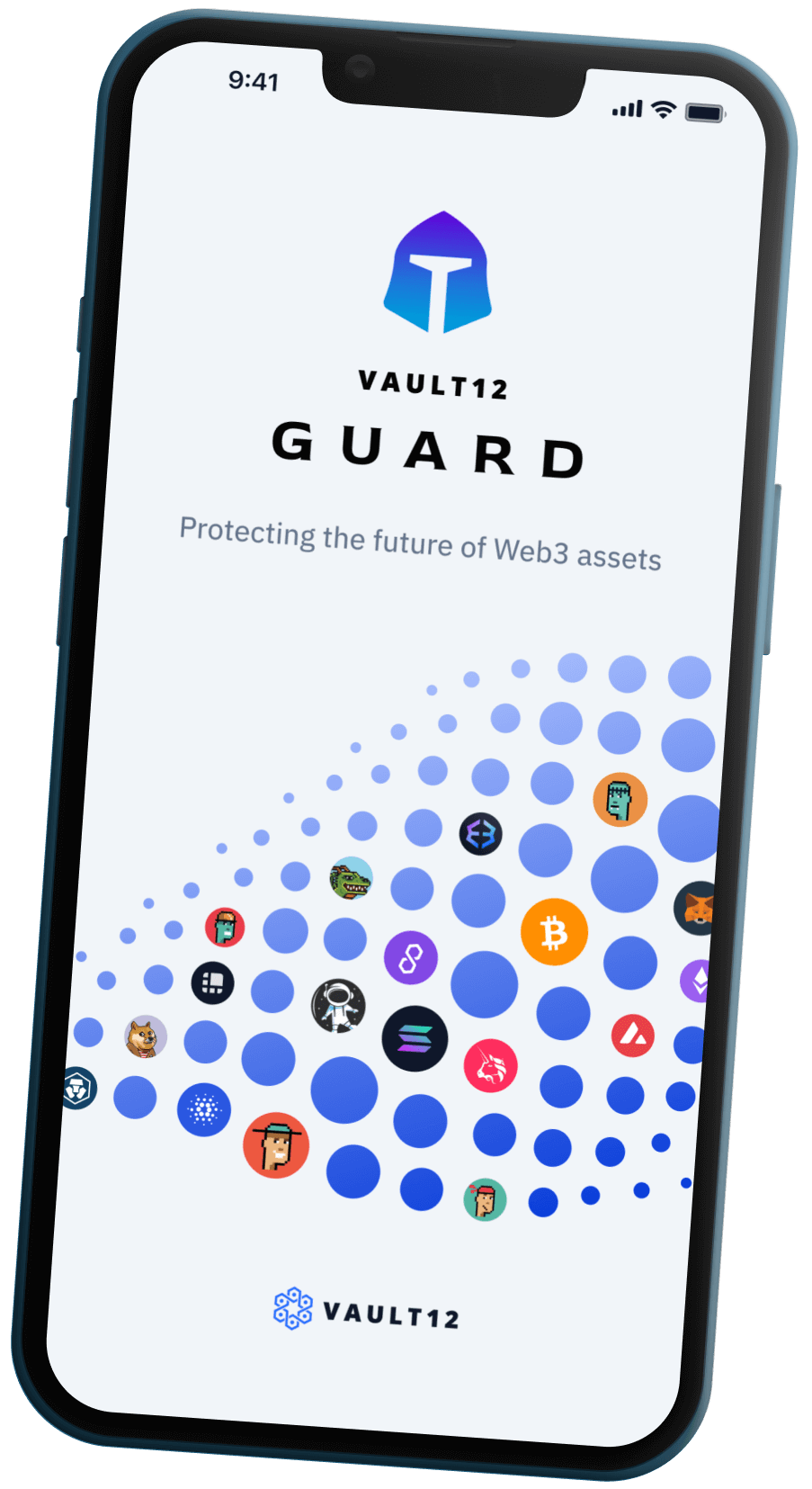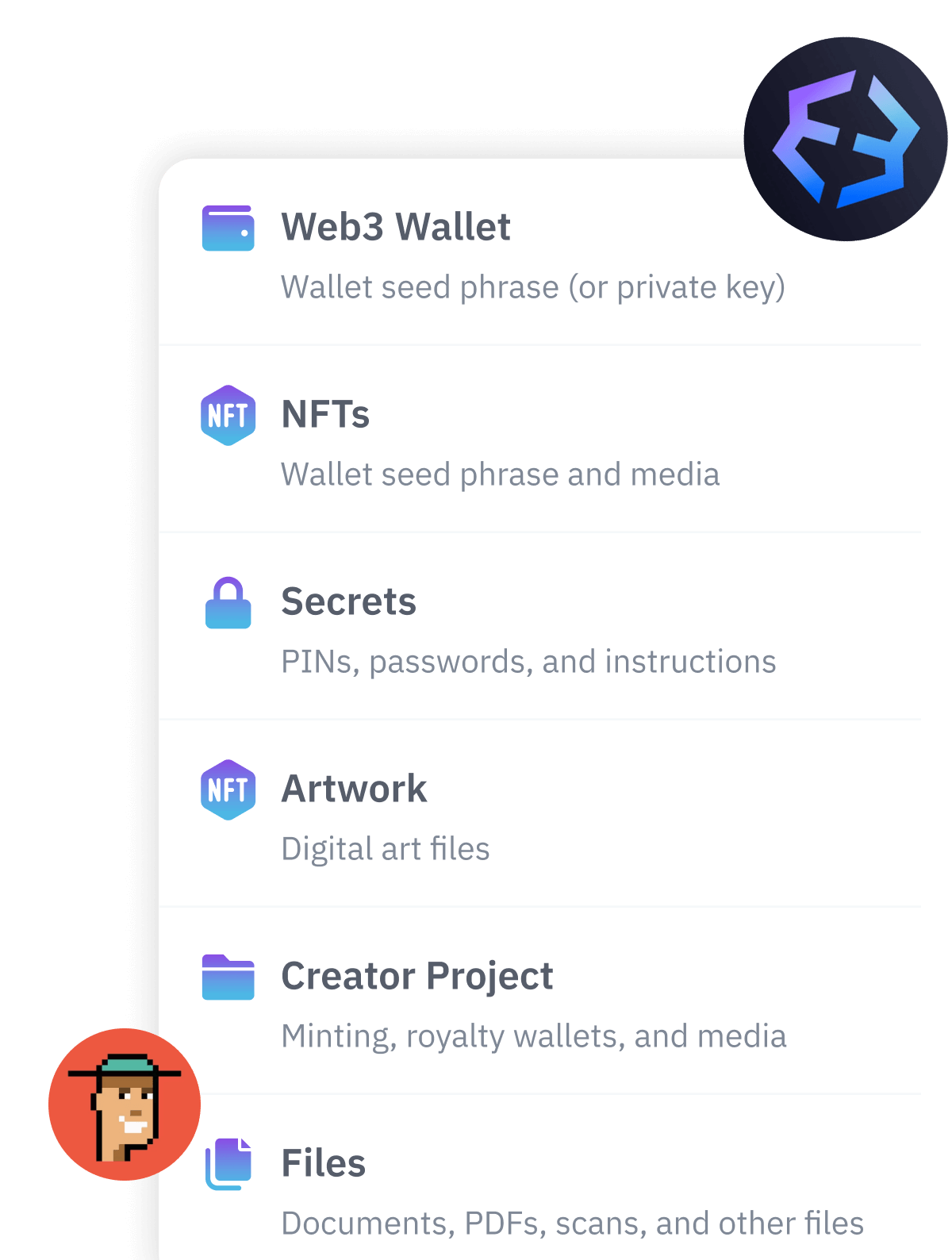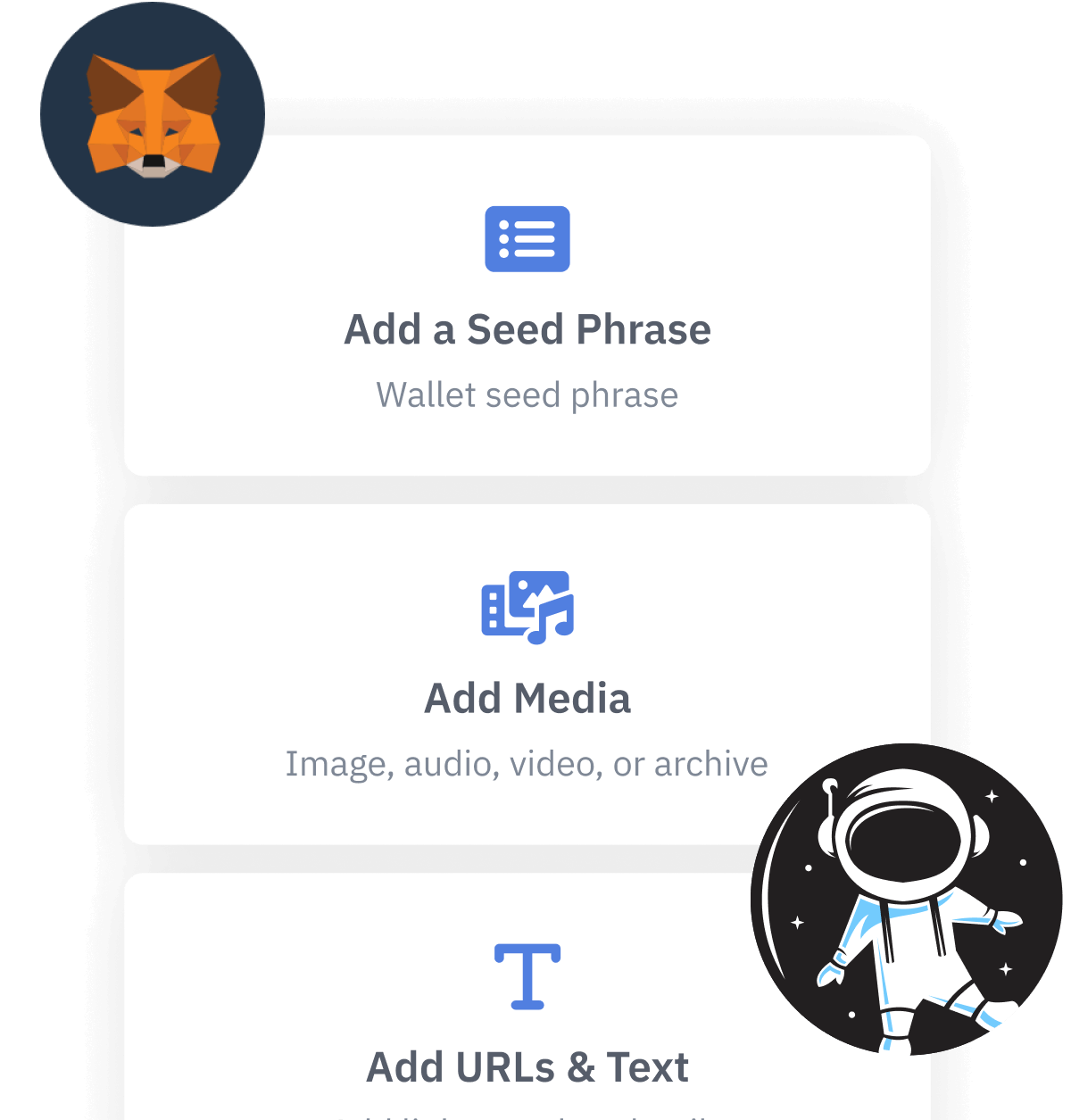
Anonymity vs. Pseudonymity In Crypto
Learn the difference between anonymity and pseudonymity and their implications for crypto.
Summary
Many in the crypto community employ some level of anonymity or pseudonymity for security and privacy purposes or as a means of working toward self-sovereignty. Anonymity and pseudonymity provide different, but equally important, protections.
Someone who is anonymous is able to operate or speak in a way that makes them unidentifiable. Someone who is pseudonymous operates or speaks in a way in which they can be identified, but their identification shields who they actually are.
Take, for example, the comments section of a website where a login is not required and users can comment without identifying themselves. This is anonymity. An example of pseudonymity is The Rock, whose real name is Dwyane Johnson, or any other professional who performs under a stage name.
What Does Anonymous Mean in Crypto?
Although transactions with many cryptocurrencies, like bitcoin (BTC), are more traceable than cash transactions, some cryptocurrencies were designed with anonymity and privacy in mind, including Zcash (ZEC), Monero (XMR), and Grin (GRIN) and Beam (BEAM).
Although some transactions are anonymous to further criminal behavior, privacy is a basic human right, afforded to citizens by governments, and is an essential component of greater freedom. For example, anonymous transactions would allow a person in a non-LGBTQ+-friendly country to donate to an LGBTQ+ rights organization without revealing their real-world identity and risk facing persecution.
What Does a Pseudonym Mean in Crypto?
Many in the crypto community use pseudonyms for privacy, either to shield their identity as part of a move toward self-sovereignty, or because of concerns about their personal privacy or security. Many find Bitcoin appealing because pseudonymity is built into the protocol.
When you open a bank account, you are required to show identification that links your financial transactions to your identity, which is neither anonymous data nor pseudonymous data. When you create a Bitcoin wallet, you generate an alphanumeric address that allows you to send or receive bitcoin and is visible to the whole world on the blockchain. However, this address provides you with pseudonymity, rather than anonymity, because financial forensics on your public address can be traced back to your real-world identity.
The debate between privacy advocates and lawmakers about the pros and cons of pseudonymous and anonymous cryptocurrencies is ongoing, but hopefully the speed of technological innovation and mainstream adoption of crypto will lead to a compromise soon.
Cryptopedia does not guarantee the reliability of the Site content and shall not be held liable for any errors, omissions, or inaccuracies. The opinions and views expressed in any Cryptopedia article are solely those of the author(s) and do not reflect the opinions of Gemini or its management. The information provided on the Site is for informational purposes only, and it does not constitute an endorsement of any of the products and services discussed or investment, financial, or trading advice. A qualified professional should be consulted prior to making financial decisions. Please visit our Cryptopedia Site Policy to learn more.
Anonymity vs. Pseudonymity In Crypto
Learn the difference between anonymity and pseudonymity and their implications for crypto.

Gemini Cryptopedia
Gemini is a next generation cryptocurrency exchange and custodian that allows customers to buy, sell, and store digital assets.
You will lose your Bitcoin and other crypto when you die...
...unless you set up Crypto Inheritance today.
It's simple — if you don't worry about crypto inheritance, nobody else will — not your software or hardware wallet vendors, not your exchanges, and not your wealth managers. So it's up to you to think about how to protect the generational wealth you have created, and reduce the risks around passing that crypto wealth on to your family and heirs. What are the challenges with crypto inheritance?
- Crypto Wallets are difficult to use and do not offer crypto inheritance management. In fact, most of them tell you to write down your seed phrase on a piece of paper, which is practically useless.
- Some people back up their wallet seed phrases or private keys on paper, local devices like hardware wallets or USBs, or in the cloud. All of these options have severe drawbacks that range from hacking to accidental loss to disrupted cloud services.
- Software wallets operate on specific blockchains, yet your crypto assets span multiple blockchains. For inheritance to work, you must be able to manage inheritance across every blockchain — now and forever.
DISCLAIMER: Vault12 is NOT a financial institution, cryptocurrency exchange, wallet provider, or custodian. We do NOT hold, transfer, manage, or have access to any user funds, tokens, cryptocurrencies, or digital assets. Vault12 is exclusively a non-custodial information security and backup tool that helps users securely store their own wallet seed phrases and private keys. We provide no financial services, asset management, transaction capabilities, or investment advice. Users maintain complete control of their assets at all times.
Pioneering Crypto Inheritance: Secure Quantum-safe Storage and Backup
Vault12 is the pioneer in Crypto Inheritance, offering a simple yet powerful way to designate a legacy contact and pass on your crypto assets—like Bitcoin (BTC), Ethereum (ETH) and Solana (SOL) —to future generations. Built for everyday users yet robust enough for the most seasoned crypto enthusiasts, Vault12 Guard ensures your wallet seed phrases and private keys are preserved in a fully self-sovereign manner, across all Blockchains.
At the heart of Vault12 Guard is quantum-resistant cryptography and a decentralized, peer-to-peer network of trusted Guardians. Your critical information is never stored in the cloud, on Vault12 servers, or even on local devices—dramatically reducing the risk of a single point of failure. By fusing a powerful software layer with the Secure Element of iOS devices (Secure Enclave) and Google devices (Strongbox), Vault12 Guard locks down your private keys against present and future threats.
Our innovative approach harnesses social recovery, enabling you to appoint one or more trusted individuals or mobile devices as Guardians. These Guardians collectively safeguard your protected seed phrases in a decentralized digital Vault—so there’s no need for constant lawyer updates or bulky paperwork. Should the unexpected happen, your chosen legacy contact can seamlessly inherit your crypto assets without compromising your privacy or security.
Preserve your digital wealth for generations to come with Vault12 Guard—the simplest, most secure way to manage crypto inheritance and backup.
Take the first step and back up your crypto wallets.
Designed to be used alongside traditional hardware and software crypto wallets, Vault12 Guard helps cryptocurrency owners back up their wallet seed phrases and private keys (assets) without storing anything in the cloud, or in any single location. This increases protection and decreases the risk of loss.
The first step in crypto Inheritance Management is making sure you have an up-to-date backup.
The Vault12 Guard app enables secure decentralized backups, and provides inheritance for all your seed phrases and private keys across any blockchain, including Bitcoin, Ethereum, and others, and for any crypto wallet.
Note: For anyone unfamiliar with cryptocurrencies, Vault12 refers to wallet seed phrases and private keys as assets, crypto assets, and digital assets. The Vault12 Guard app includes a software wallet that works alongside your Digital Vault. The primary purpose of this is to guard your Bitcoin (BTC) and Ethereum (ETH) wallet seed phrases, private keys, and other essential data, now and for future generations.

